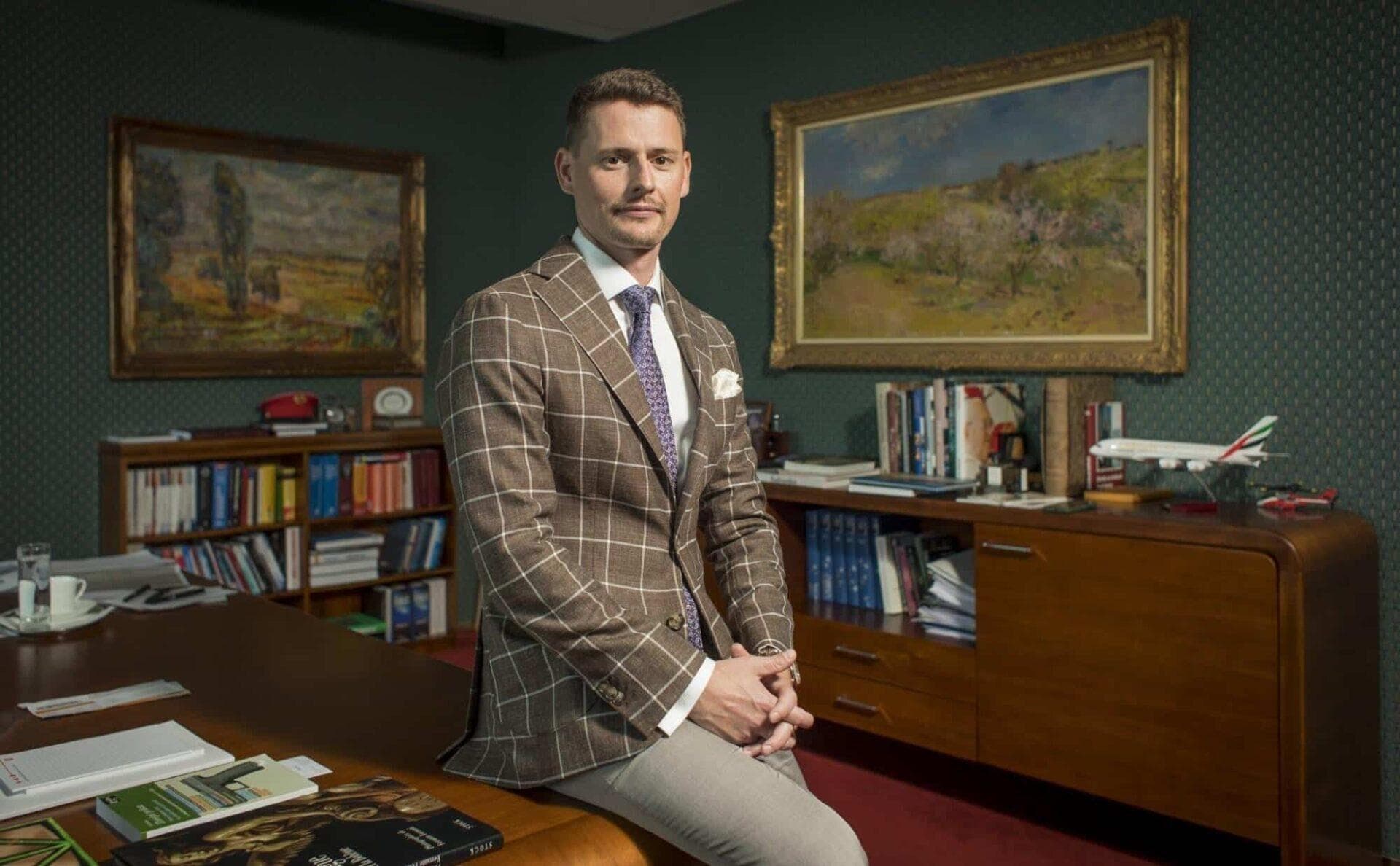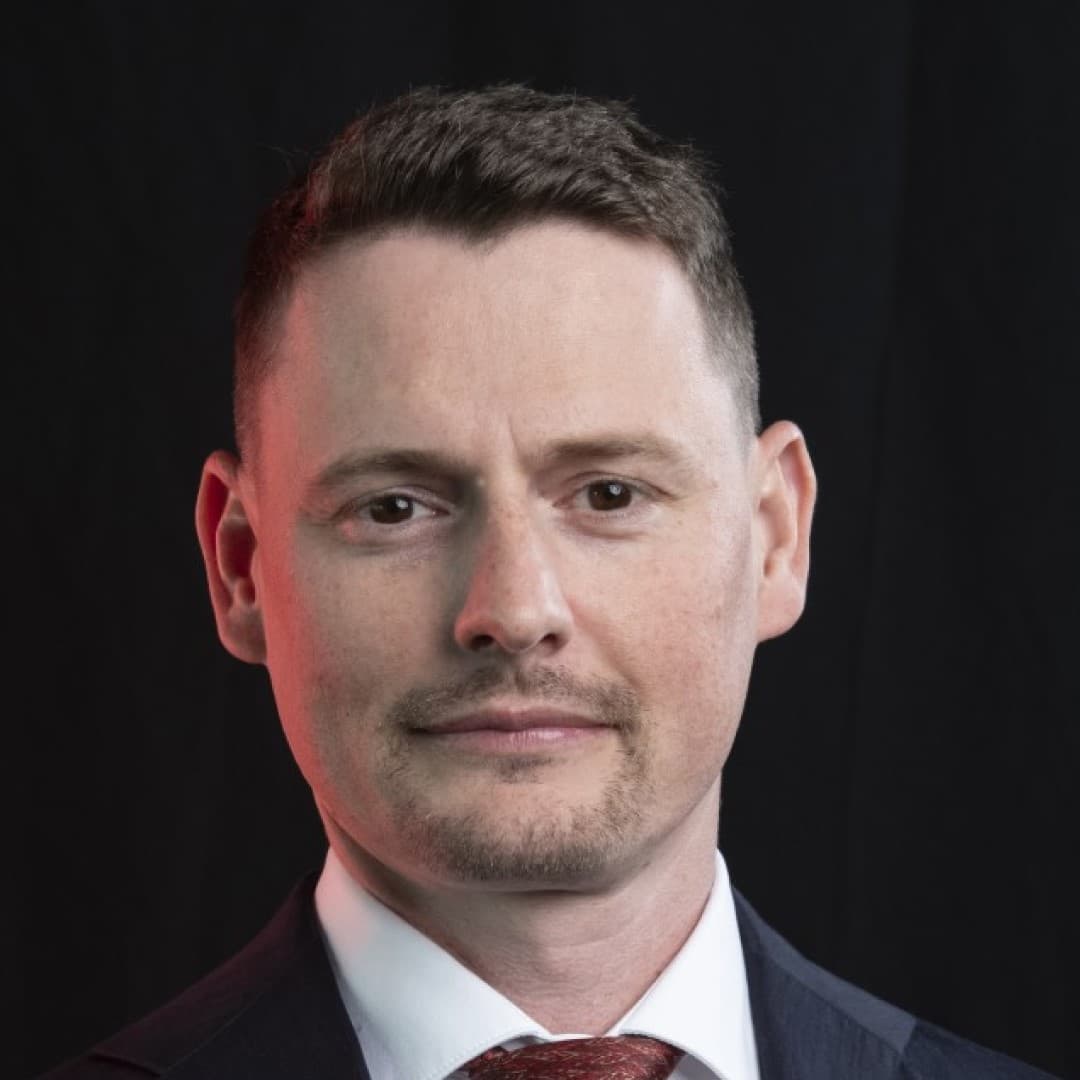The war is also impacting Russians’ trust funds. They are moving from Europe to Singapore.
22 \ 09 \ 2022

The number of Czechs who want to organize their own assets using trust funds will reach 10,000 by 2025. The reason for this growing trend is the interest in security, maintaining the unity of assets, and ensuring continuity, says lawyer Jakub Hollmann, partner at CCS Premium Trust, which offers comprehensive services in the field of trust funds, in an interview for Hospodářské noviny.
How is the current situation—such as record inflation, the war in Ukraine, and the post-COVID period—affecting the area of trust funds?
These issues can be summed up in one word: crisis. Fuel and energy prices have risen, COVID has ended, but we don’t know if another wave is coming. Overall, there is very high nervousness in society. That’s why we have seen a significantly higher interest in trust funds over the past two years compared to previous years. While there were 2,800 registered trust funds in 2019, today, two years later, there are 4,500. We estimate this pace will accelerate, reaching 10,000 by 2025.
Is there a flow of assets due to the war in Ukraine? Does this affect Russian assets?
Yes, it does. From Brussels, one sanction follows another. One of the latest sanction packages concerns the provision of services to Russian citizens in the area of trust funds. Essentially, Russian citizens can no longer establish trust funds on Czech territory. This is also significantly affecting Liechtenstein, where a high percentage of foundations or trusts are held by Russian citizens. Although the principality is not an EU member, it tries to align its policies with those of the EU. Therefore, there is currently a large transfer of assets and company headquarters to Singapore, which has a more liberal policy toward Russia compared to Brussels/EU. Thus, Russian clients are moving to Singapore.
The full interview with Jakub Hollmann for Hospodářské noviny can be found here.




